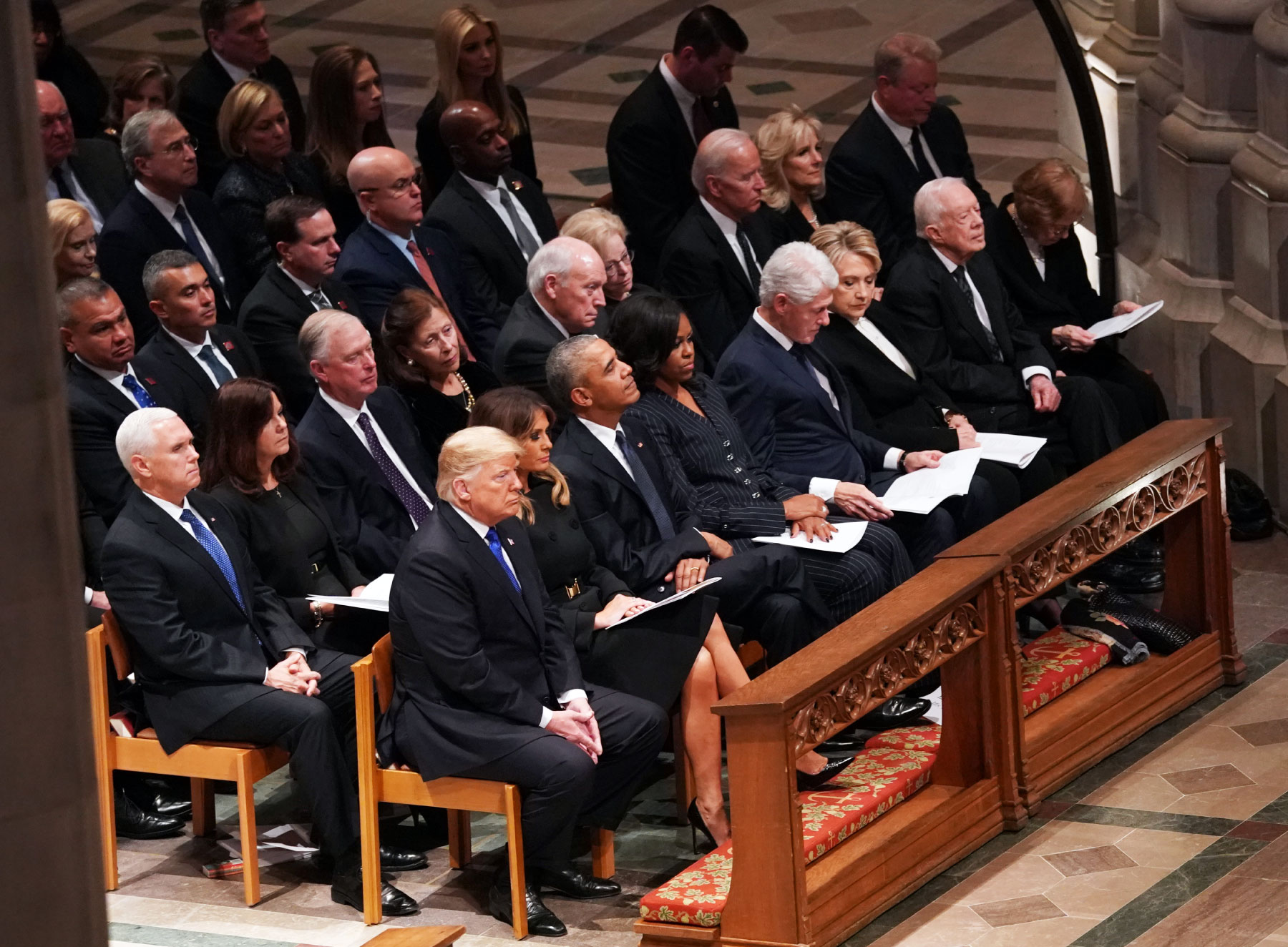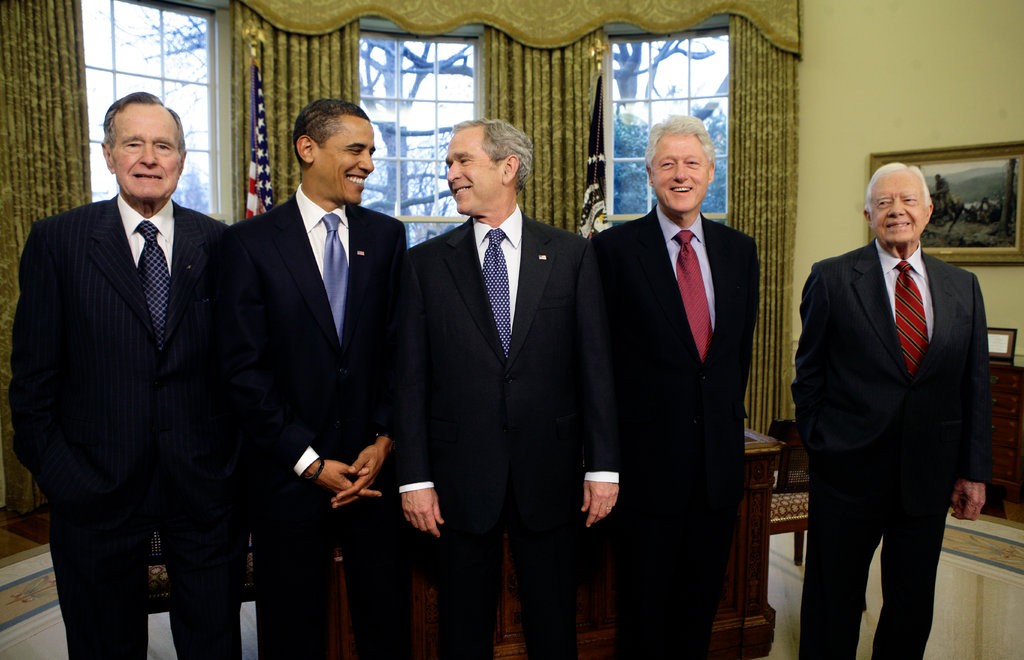I admit that I stopped flying around 2000. My husband has flown once since then to California and back. I used to fly all the time. In fact, before and for a few months after we were married, I was in Richmond and he in Boston and I few almost every other week. Flights were pretty inexpensive back in 1994 and I took the same flights so often the attendants knew me by name. But now we road trip. At least one long trip and several short ones each year. Plus 3 or 4 stays in Boston every year. This means we stay in a lot of hotels.
We belong to a bunch of those rewards things for a variety of chains and sometimes gets perks. These are nice for nights on the road, but we still like B and B’s for most longer stays. Today’s New York Times Travel section had a little column of suggestions for hotels by Steve Bailey many of which I agree with and often comment on when asked to “review my stay”.
My wife and I each travel with a carry-on-size wheeled suitcase and usually another under-the-seat-size bag. Hotel rooms that are clearly set up for couples (two bathrobes, for example) almost never have a second rack for a suitcase. So the room’s chair (and it is likely there’s only one chair) gets used for a suitcase, or maybe the cabinet that the TV or the coffee maker sits on.
One of us often ends up with the suitcase on the floor because we like to use the chair. And that is another one of my grips: Why can’t they provide two chairs or a small sofa so two can sit. I often book a room with a sitting area so we get two chairs, but even then there is only one luggage rack. I’ve been in rooms where the only chair is the one at the desk. And I’m not talking about a tiny room where two can barely move – we’ve stayed in those also.
Many hotels and cruise lines are getting rid of these little bottles of bath gel, shampoo and conditioner. I’d rather have those three products in wall-mounted dispensers in the shower.
The last couple of places we stayed had no little bottles which I appreciated although I do like my own shampoo and conditioner and have my travel size bottles of both.
There should be room for at least two toiletry bags on the counter or a shelf in the bathroom. Even the most rustic inns usually have room for a wooden shelf above the toilet or elsewhere in the bathroom. And there should be a rack or shelf in the shower for the guest’s razor or the guest’s own soap and hair products in the shower.
My toiletry bag hangs so that leads me to Mr. Bailey’s next suggestion:
It’s a small thing, but a few wall hooks can be important, especially in the bathroom. Many hotels encourage guests to use their bath towels a second or third time, but give them no place to hang the towel to dry other than maybe a shower curtain rod. And, like the towels, the bathrobes are likely to be folded and on a shelf at check-in. Where do we put them when we take them off? We need hooks, which are also good for baseball caps, shopping bags and other things. Such a small thing can make a difference.
I often end up not using my towel a second day because there are no racks or hooks to hang it on. And I like a rack near the sink for the hand towels which otherwise get draped over the sink and never seem to dry. A B&B in Annapolis, MD where we recently stayed solved the towel problem by putting a towel rack on the inside of the door to the room. I did have to remember to take my bath towel into the bathroom when I showered, but when I was done I did have a place to hang it. I thought the solution was rather clever.
One grip he did not mention was having a chair with no convenient reading lamp. We’ve rearranged furniture so we could get some light for reading. Another lightening suggestion is to use lower wattage bulbs in the bedside lamps so the other person can sleep while one reads.
I will keep making these suggestions when I review my stays and, with Mr. Bailey, hope someone is listening.




 President George W. Bush sat with his family out of frame.
President George W. Bush sat with his family out of frame.
